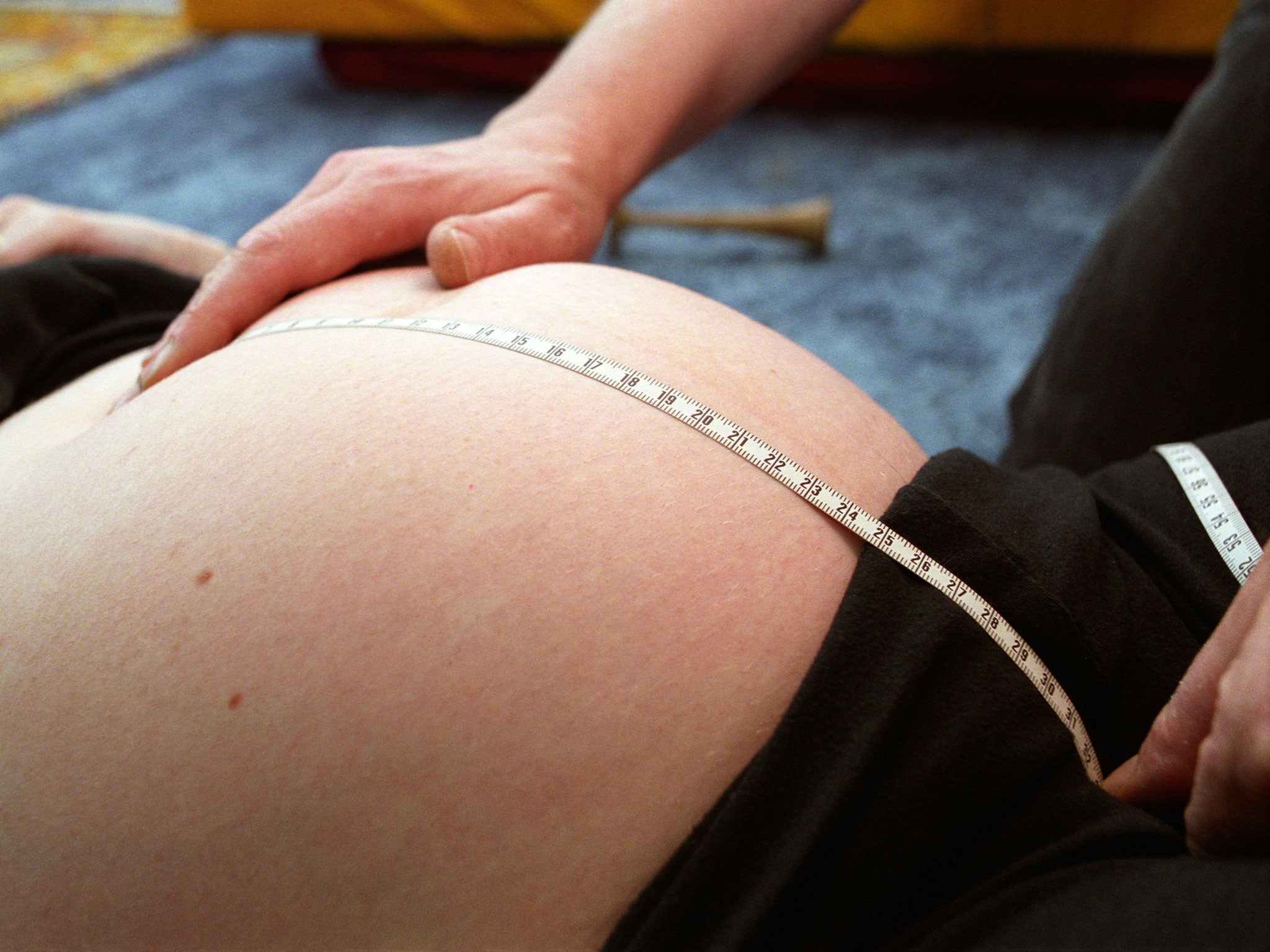Pregnant women should get £3,000 to allow them to appoint their own midwife, review says
Under the proposed scheme, women would be told about all local providers of NHS care and the services they offer

Your support helps us to tell the story
From reproductive rights to climate change to Big Tech, The Independent is on the ground when the story is developing. Whether it's investigating the financials of Elon Musk's pro-Trump PAC or producing our latest documentary, 'The A Word', which shines a light on the American women fighting for reproductive rights, we know how important it is to parse out the facts from the messaging.
At such a critical moment in US history, we need reporters on the ground. Your donation allows us to keep sending journalists to speak to both sides of the story.
The Independent is trusted by Americans across the entire political spectrum. And unlike many other quality news outlets, we choose not to lock Americans out of our reporting and analysis with paywalls. We believe quality journalism should be available to everyone, paid for by those who can afford it.
Your support makes all the difference.Pregnant women should be given a budget of around £3,000 which could allow them to appoint their own midwife, a major review into maternity services has concluded.
Under the proposed scheme, women would be told about all local providers of NHS care and the services they offer - including private companies offering home births, hypnobirthing and acupuncture. They would then be able to make decisions about how and where they receive care.
Expectant mothers may chose a provider who ensures continuity of care from the same midwife throughout pregnancy, birth and postnatal care, the authors said. Women would also be able to choose a hospital near their workplace for routine scans and a hospital closer to home for the birth of their child.
The authors of the National Maternity Review likened the scheme to personal health budgets where people with long-term conditions and disabilities are given a say over how NHS money is spent on them.
However, some have criticised the personal health budgets scheme for being open to abuse, with reports of people using their budgets to buy holidays or computer consoles. The review’s authors said that only accredited providers would be eligible under this scheme.
The recommendations for giving women greater freedom in where they have their babies comes on the back of half the maternity services in England being deemed “inadequate” or
“requiring improvement” in terms of their safety.
The review highlights some stark concerns over the safety of maternity services, even though there have been drastic improvements in the last decade. The authors said hospitals are not always admitting when something has gone wrong.
“It is clear that under-reporting of safety incidents is widespread”, they said. “Safety is inconsistent across maternity services, and there is scope for significant improvement in many.”
They added: “The quality of maternity services has been improving but not all are provided to a consistent, high level of quality. The safety of maternity services must be improved.”
Professor Sir Mike Richards, chief inspector of hospitals at the Care Quality Commission, welcomed the report.
He said: “As the report makes clear, every single woman deserves to receive personalised care that is based around their individual needs and decisions when having a baby. This is echoed in the findings from CQC’s latest national maternity survey which reinforce the importance of NHS trusts focussing on women's individual needs and choices.
“Today’s report and CQC’s survey findings both highlight improvements in women's experiences of NHS maternity services in recent years, but also show some variation in the quality of services as an area needing to be addressed.
“As a result of CQC’s inspections, just over 60 per cent of trust maternity services have been rated as either ‘good’ or ‘outstanding’, 34 per cent rated as ‘requires improvement’ and 4 per cent as ‘inadequate’. Where we have found concerns we have told trusts that improvements must be made.”
Susan Robinson, acting national director of Healthwatch England, said: “It’s great to see the review explore some of the ways that new and expectant mums can contribute to the learning process, including a range of new apps that will allow them to access information, book appointments and share their experiences.
“Crucially, when things do go wrong, the introduction of a common standard for serious investigations by the NHS would also provide a vital platform for learning in exceptional circumstances.”
Join our commenting forum
Join thought-provoking conversations, follow other Independent readers and see their replies
Comments